
Matola: Mozambique's Hidden Gem
Matola, located just a short drive from the bustling capital of Maputo, stands as a vibrant and growing city in Mozambique. Known for its rich history and cultural diversity, Matola offers a unique blend of traditional and modern experiences. Visitors will find a warm and welcoming atmosphere, with friendly locals who are eager to share their stories and traditions. The city is surrounded by scenic landscapes, including the beautiful Matola River, which provides a serene backdrop for leisurely walks and picnics. The local markets are a must-visit, where you can find an array of fresh produce, handmade crafts, and local delicacies. Don't miss the opportunity to try the famous Mozambican peri-peri chicken, a spicy and flavorful dish that is a staple in the region. For history enthusiasts, the Matola Raid Memorial is a poignant reminder of the city's role in the struggle for independence. The memorial honors the lives lost during the apartheid era and serves as a powerful educational experience. Additionally, Matola's proximity to Maputo allows for easy day trips to explore the capital's attractions, including the bustling Maputo Central Market, the historic Fortaleza de Maputo, and the scenic Maputo Bay.
Local tips in Matola
- Visit the local markets early in the morning for the freshest produce and unique handmade crafts.
- Try the local peri-peri chicken at a traditional eatery for an authentic Mozambican culinary experience.
- Take a leisurely walk along the Matola River for a peaceful escape from the city's hustle and bustle.
- Plan a day trip to Maputo to explore its vibrant markets, historical sites, and beautiful bay.
- Learn about Matola's history at the Matola Raid Memorial for a deeper understanding of the city's role in Mozambique's independence.
Matola: Mozambique's Hidden Gem
Matola, located just a short drive from the bustling capital of Maputo, stands as a vibrant and growing city in Mozambique. Known for its rich history and cultural diversity, Matola offers a unique blend of traditional and modern experiences. Visitors will find a warm and welcoming atmosphere, with friendly locals who are eager to share their stories and traditions. The city is surrounded by scenic landscapes, including the beautiful Matola River, which provides a serene backdrop for leisurely walks and picnics. The local markets are a must-visit, where you can find an array of fresh produce, handmade crafts, and local delicacies. Don't miss the opportunity to try the famous Mozambican peri-peri chicken, a spicy and flavorful dish that is a staple in the region. For history enthusiasts, the Matola Raid Memorial is a poignant reminder of the city's role in the struggle for independence. The memorial honors the lives lost during the apartheid era and serves as a powerful educational experience. Additionally, Matola's proximity to Maputo allows for easy day trips to explore the capital's attractions, including the bustling Maputo Central Market, the historic Fortaleza de Maputo, and the scenic Maputo Bay.
When is the best time to go to Matola?
Iconic landmarks you can’t miss
Tunduru Gardens
Explore Tunduru Gardens in Maputo, a lush urban park filled with vibrant flora, tranquil ponds, and cultural events that embody the spirit of Mozambique.
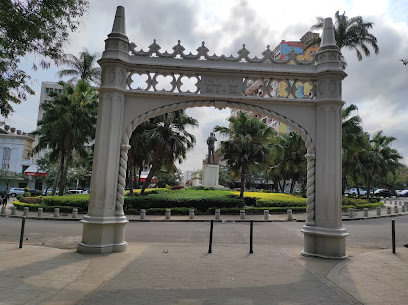
WORKERS SQUARE
Discover the essence of Maputo at Workers Square, a vibrant monument celebrating the resilience of the working class and local culture.
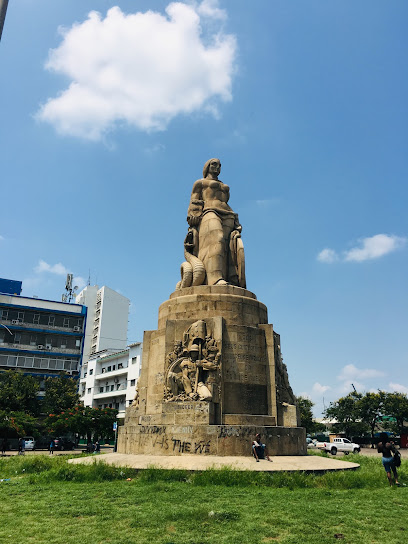
Parque dos Continuadores FEIMA
Explore the serene beauty and cultural richness of Parque dos Continuadores FEIMA, an essential urban park in Maputo, Mozambique.
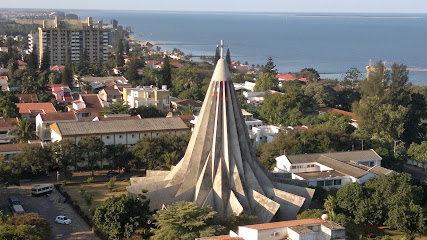
Teachers Garden
Experience serenity and beauty at Teachers Garden, a vibrant oasis in the heart of Maputo, Mozambique, perfect for relaxation and cultural exploration.
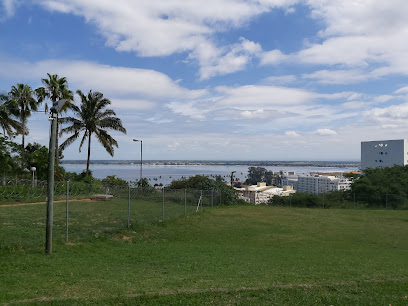
Fortress of Maputo
Discover the captivating history and stunning views at the Fortress of Maputo, a must-visit landmark on your journey through Mozambique.
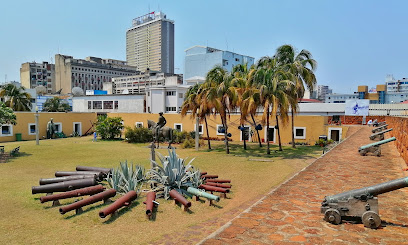
The Matola Hotel
Experience comfort and local charm at The Matola Hotel, your perfect base for exploring the vibrant culture of Matola, Mozambique.
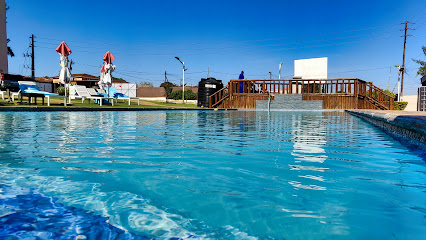
Rio Matola
Immerse yourself in the tranquil beauty of Rio Matola, Mozambique's serene river escape, perfect for relaxation, adventure, and nature appreciation.
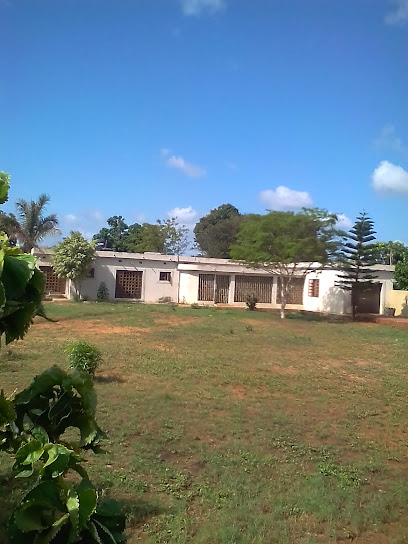
Catedral de Maputo
Explore the breathtaking architecture and rich history of Catedral de Maputo, a cherished landmark in Mozambique's vibrant capital.
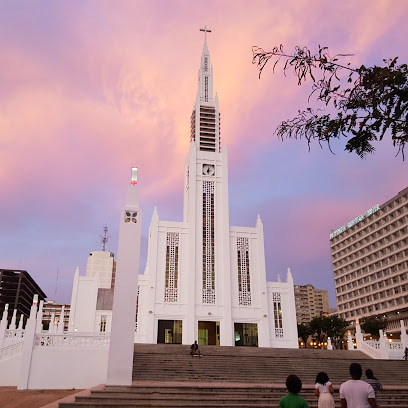
Maputo Special Reserve
Explore the stunning Maputo Special Reserve, a national treasure of Mozambique, rich in biodiversity and breathtaking landscapes.
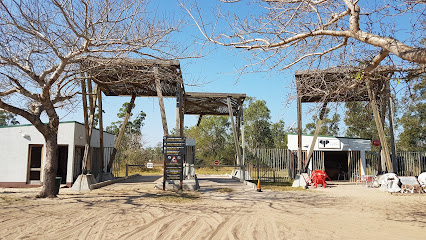
Praça da Independência
Discover the vibrant history and culture of Maputo at Praça da Independência, a central square that brings together locals and tourists alike.
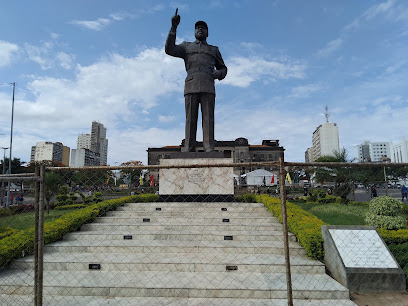
Samora Machel Monument and Museum
Discover the rich legacy of Samora Machel at this inspiring monument and museum, dedicated to the fight for freedom in Southern Africa.
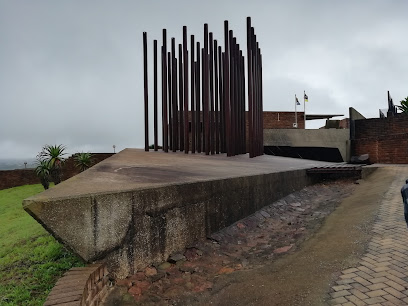
Casa de Ferro
Explore the architectural beauty and cultural significance of Casa de Ferro, a historical landmark that embodies the rich heritage of Maputo, Mozambique.
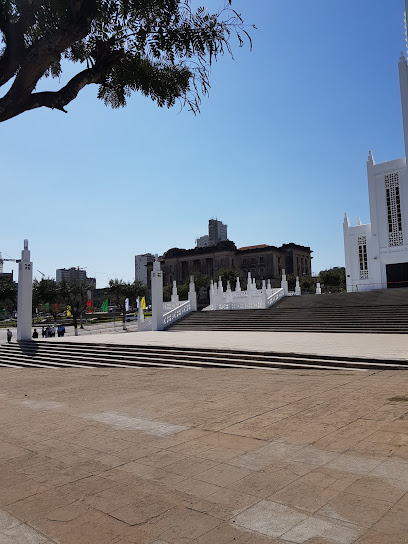
Praia da Costa do Sol
Explore the idyllic Praia da Costa do Sol in Maputo, where stunning beaches meet vibrant local culture for an unforgettable coastal experience.
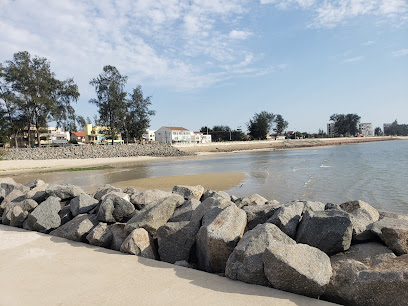
Mafalala Walking Tour
Explore the vibrant culture and rich history of Maputo on the Mafalala Walking Tour, a captivating journey through one of the city's most dynamic neighborhoods.
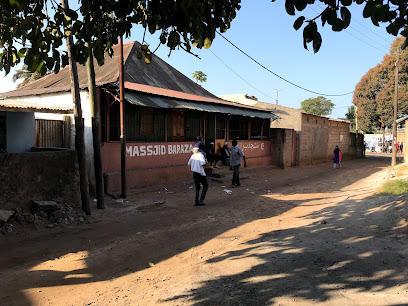
Parque dos Poetas
Discover the tranquility and artistic inspiration of Parque dos Poetas, a beautiful garden in Matola perfect for relaxation and cultural immersion.
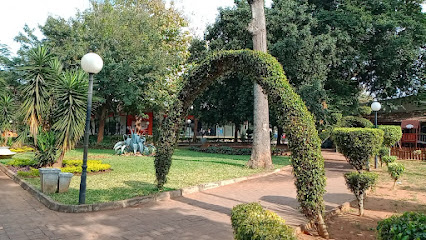
Unmissable attractions to see
Tunduru
Explore Tunduru, Maputo’s lush garden and park that offers a refreshing escape with vibrant flora and serene walking paths in the heart of the city.
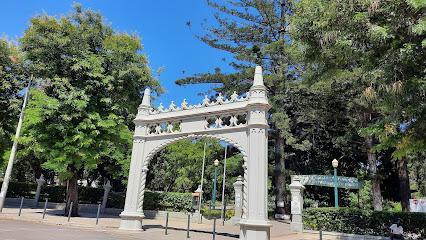
Estádio do Zimpeto
Experience the electric atmosphere of Estádio do Zimpeto, a cultural and sports hub in Marracuene District, Mozambique, perfect for tourists.
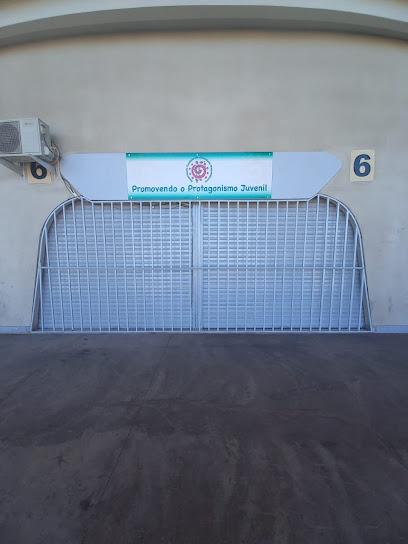
WORKERS SQUARE
Explore Workers Square, a vibrant monument in the heart of Maputo that captures the essence of local culture and history through its lively atmosphere and stunning architecture.
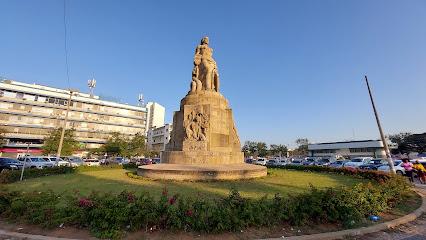
Feira de Artesanato, Flores e Gastronomia de Maputo
Experience the vibrant culture of Mozambique at Feira de Artesanato, Flores e Gastronomia, a must-visit destination for authentic crafts and local cuisine.
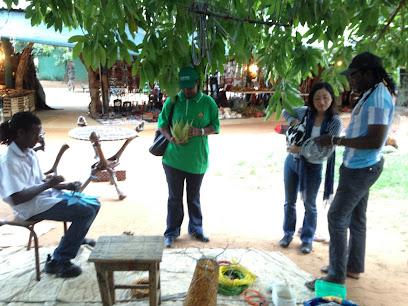
Teachers Garden
Explore the serene beauty of Teachers Garden in Maputo, a vibrant oasis perfect for relaxation, nature walks, and cultural experiences.
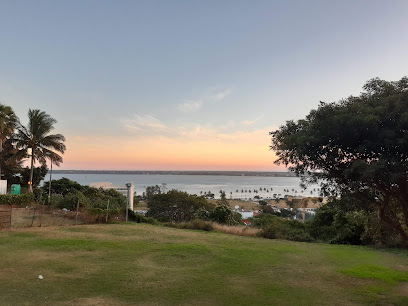
Fortress of Maputo
Explore the rich history of Mozambique at the Fortress of Maputo, a captivating museum by the bustling fishing port.
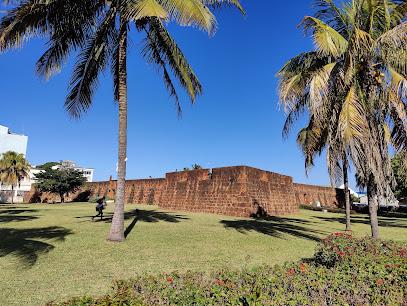
Museu de Historia Natural
Explore the Museu de Historia Natural in Maputo, a captivating attraction showcasing Mozambique's unique biodiversity and rich natural history.
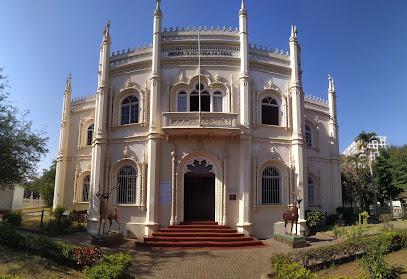
Saint Anthony Catholic Church
Discover the serene beauty of Saint Anthony Catholic Church, a must-visit spiritual landmark in the heart of Maputo, Mozambique.
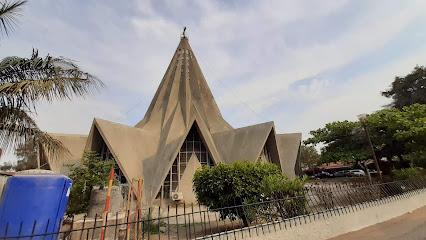
Franco-Mozambican Cultural Center
Discover the heart of Mozambique's art and culture at the Franco-Mozambican Cultural Center in Maputo, a vibrant hub for creativity and community engagement.
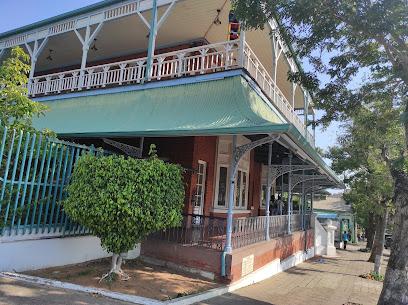
Praca dos herois mocambicanos
Discover the rich history and vibrant culture at Praca dos Herois Mocambicanos in Maputo, a memorial honoring Mozambique's courageous heroes.
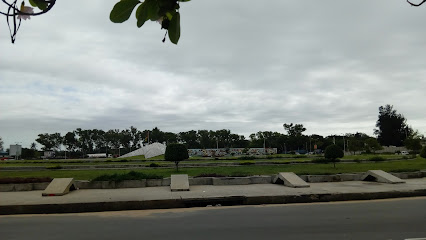
Catedral de Maputo
Explore the stunning Catedral de Maputo, an architectural gem and symbol of faith in Mozambique's vibrant capital.
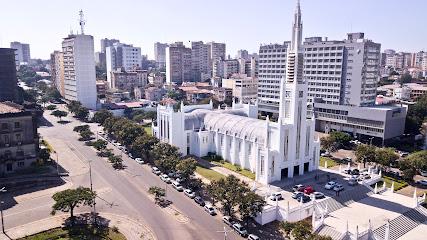
Maputo Special Reserve
Explore the breathtaking landscapes and rich wildlife of Maputo Special Reserve, a premier national reserve in Mozambique, perfect for nature lovers and adventure seekers.
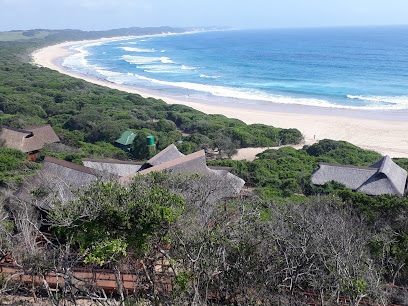
Museu Nacional de Arte
Explore the rich artistic heritage of Mozambique at Museu Nacional de Arte, a cultural gem in the heart of Maputo, showcasing traditional and contemporary art.
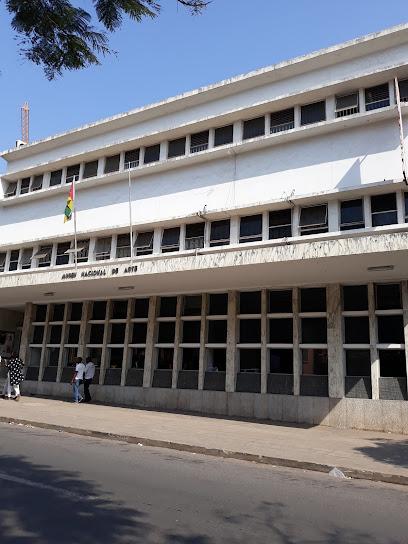
Brazil-Mozambique Cultural Center
Explore the intersection of Brazilian and Mozambican cultures at the Brazil-Mozambique Cultural Center, a vibrant hub of art and music.
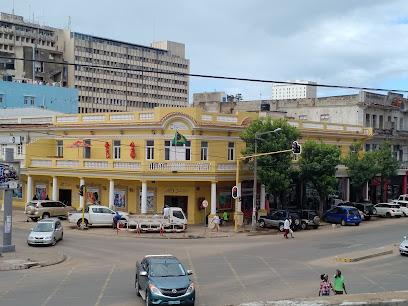
Praça da Independência
Discover the vibrant Praça da Independência in Maputo, a cultural landmark rich in history and surrounded by scenic beauty.
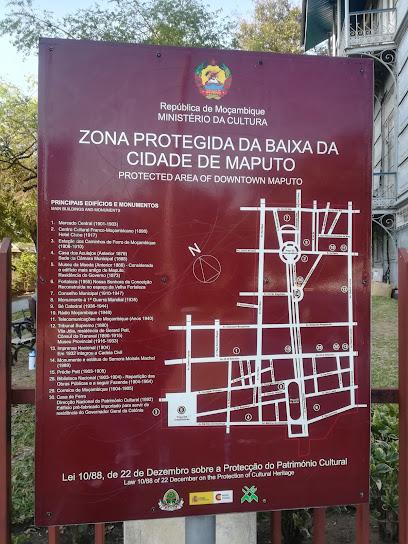
Essential places to dine
Restaurante Burako da velha
Experience the best of Mozambican cuisine at Restaurante Burako da Velha in Matola - a culinary journey you won't forget.
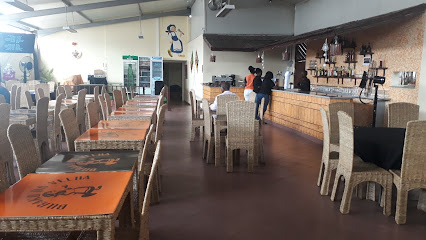
Mundos
Discover the culinary delights of Mundos in Matola - where local flavors meet international cuisine in a vibrant setting.
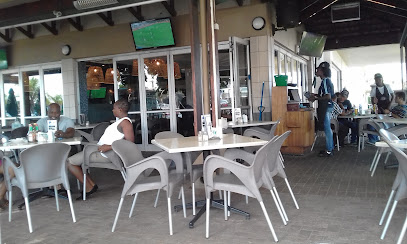
Mimmo's Matola
Experience authentic Italian cuisine in Matola at Mimmo's - where every meal feels like a celebration.
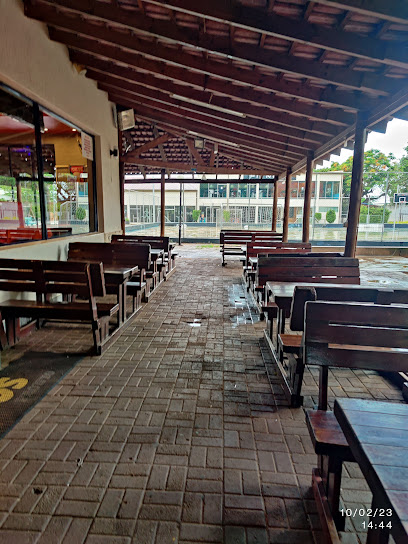
Sabor Latino
Experience authentic Latin American cuisine at Sabor Latino in Matola – where every dish tells a story.
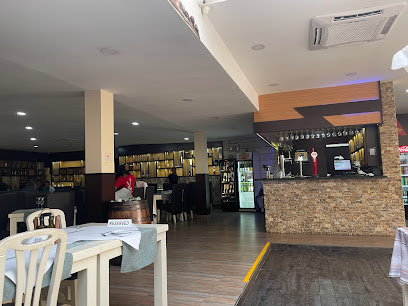
Brasa Rio
Discover authentic Mozambican flavors at Brasa Rio in Matola - where delicious cuisine meets warm hospitality.
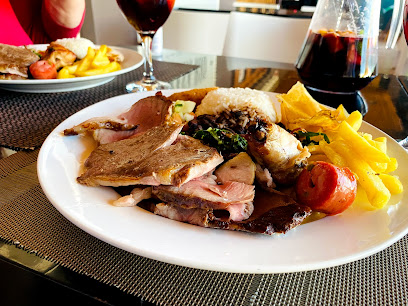
Galaxy Indian Restaurant
Discover authentic Indian cuisine at Galaxy Indian Restaurant in Matola - where every dish tells a story.
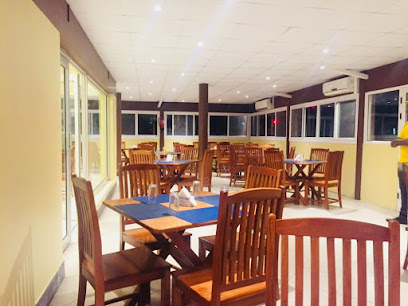
O Imperador
Discover authentic Mozambican flavors at O Imperador in Matola - a must-visit restaurant offering vibrant ambiance and delicious dishes.
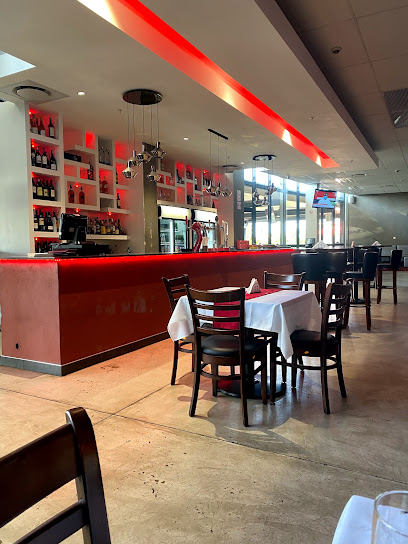
Cafe Paraiso
Discover the rich flavors of Mozambique at Cafe Paraiso in Matola – where every meal is a celebration of local culture.
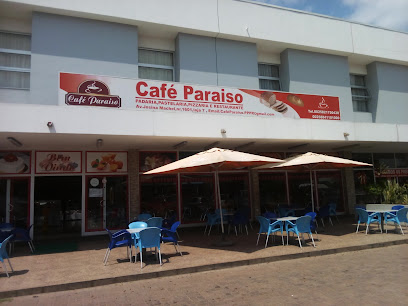
Emporium Wine & Dine
Discover the vibrant flavors of Mozambique at Emporium Wine & Dine in Matola - where culinary excellence meets warm hospitality.
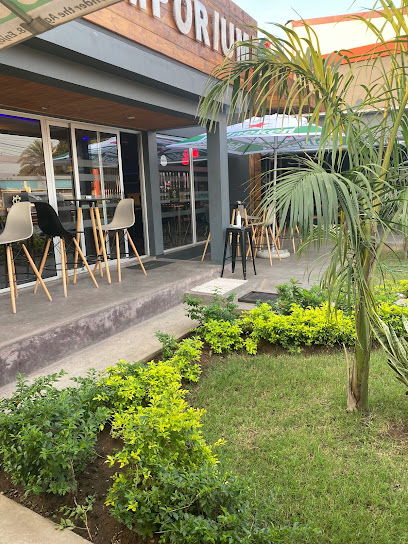
Tio Manel Restaurante
Experience authentic Mozambican cuisine at Tio Manel Restaurante in Matola - where flavor meets tradition in every dish.
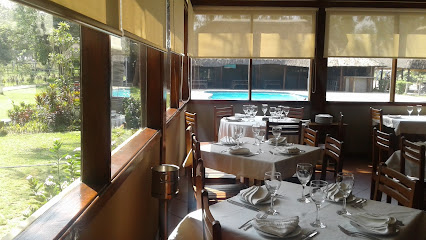
Lusitano
Experience authentic Mozambican cuisine at Lusitano in Matola – where local flavors meet international flair.
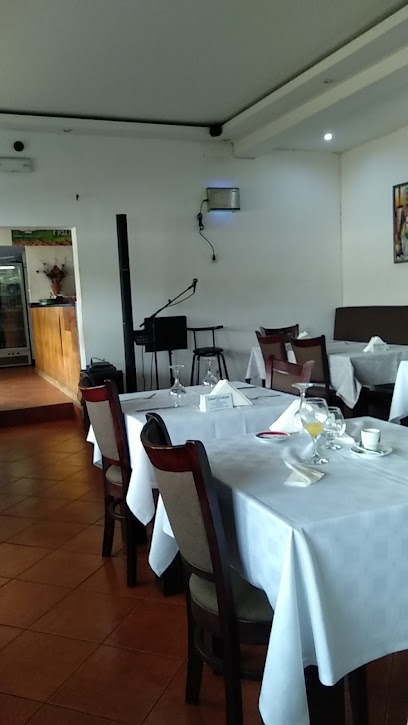
Tasca do Juan by Activmoz
Experience authentic Mozambican cuisine at Tasca do Juan in Matola - a culinary gem offering delicious local and international dishes.
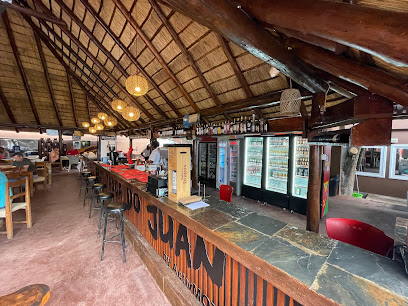
Aldeia Guest House
Discover authentic Mozambican cuisine at Aldeia Guest House in Matola, where local flavors meet warm hospitality in a cozy setting.
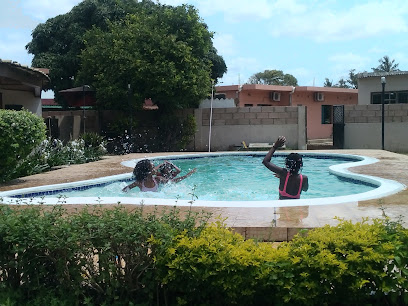
Restaurante Os Pinheiros
Discover authentic Mozambican flavors at Restaurante Os Pinheiros, where every dish tells a story of local tradition and culinary excellence.
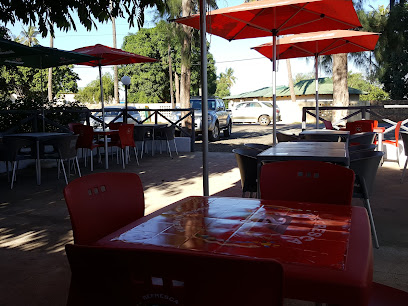
JUPITER RESTAURANT & BAR
Savor authentic Mozambican cuisine at Jupiter Restaurant & Bar – a culinary gem in Matola with diverse flavors and inviting ambiance.

Markets, malls and hidden boutiques
Shoprite Matola
Discover the vibrant shopping experience at Shoprite Matola, where local flavors meet everyday essentials in a friendly atmosphere.
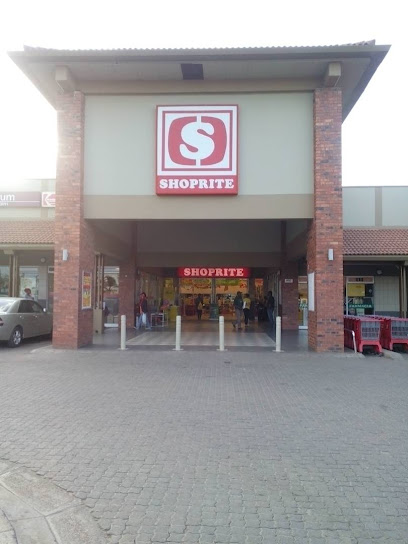
Central Market
Explore the flavors and crafts of Mozambique at Central Market, where local culture and vibrant shopping come alive.
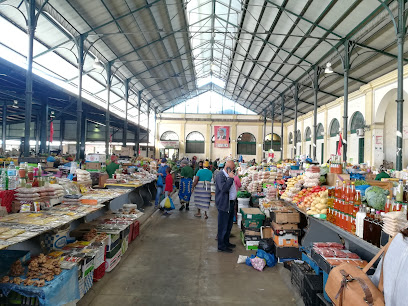
Novare Matola Mall
Explore Novare Matola Mall, the ultimate shopping paradise in Matola, featuring diverse shops, delectable dining, and family-friendly entertainment.
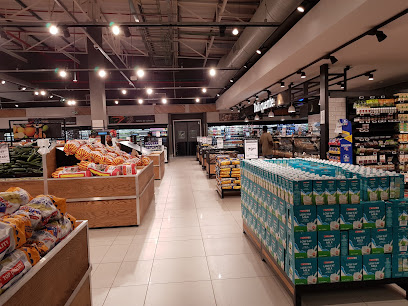
Builders Warehouse Matola
Explore Builders Warehouse Matola for all your hardware and building material needs, where quality meets affordability in a vibrant shopping experience.
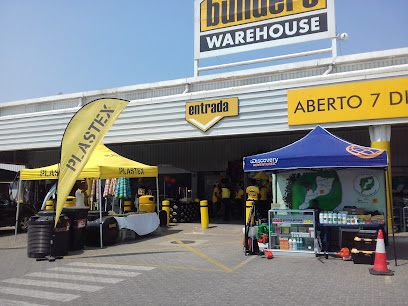
Feira de Artesanato, Flores e Gastronomia de Maputo
Explore the colorful Feira de Artesanato, Flores e Gastronomia de Maputo, where local craftsmanship, gastronomy, and vibrant culture come alive in a festive atmosphere.
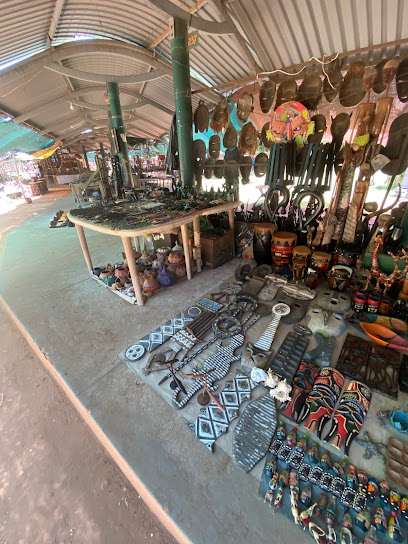
Mercado Janet
Explore Mercado Janet, a vibrant produce market in Maputo, offering fresh local produce and a taste of Mozambican culture.
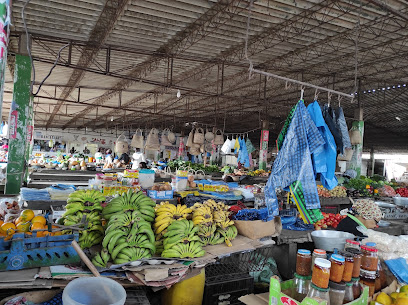
Game Matola
Explore Game Matola, your ultimate shopping destination in Matola for appliances, electronics, and much more in a vibrant department store setting.
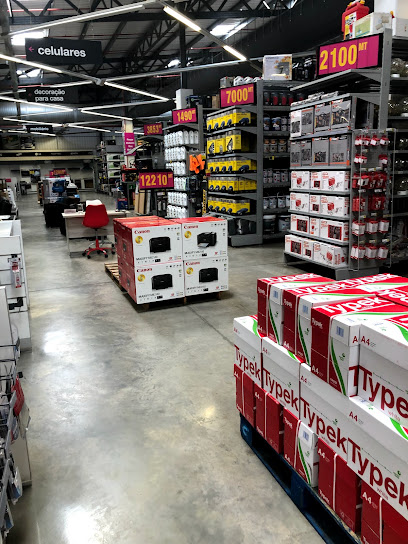
LIBERDADE SHOPPING CENTRE
Explore the Liberdade Shopping Centre—Matola's vibrant retail paradise, perfect for shopping, dining, and entertainment!
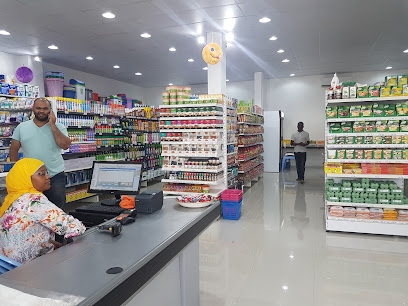
Bike zone mz bike shop
Discover Bike Zone MZ, the ultimate destination for cyclists in Maputo, offering rentals, repairs, and a vibrant cycling community.
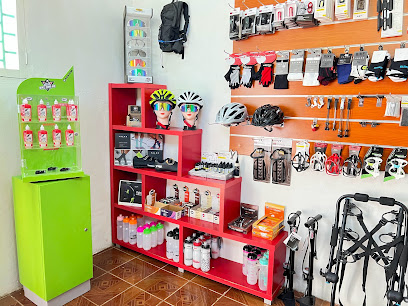
AANZOO STORE MATOLA
Explore the vibrant offerings at AANZOO STORE in Matola, where local culture meets convenience in a delightful shopping experience.
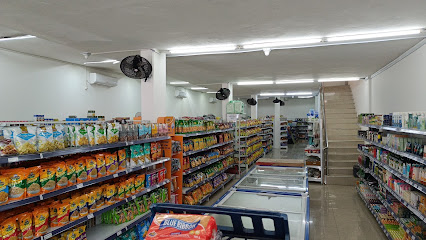
beluluane park
Discover a vibrant shopping experience at Beluluane Park in Matola, where retail therapy meets culinary delights in a welcoming atmosphere.

Círculo Ndlhavela
Explore Círculo Ndlhavela, Matola's premier shopping mall, blending local culture with diverse retail and dining options for an unforgettable experience.
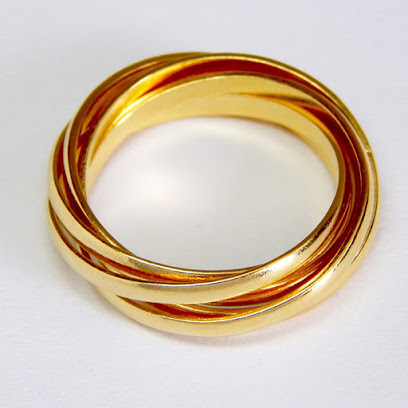
MOZO CONCEPT STORE
Explore Mozo Concept Store in Maputo for unique fashion accessories that celebrate local craftsmanship and contemporary style.
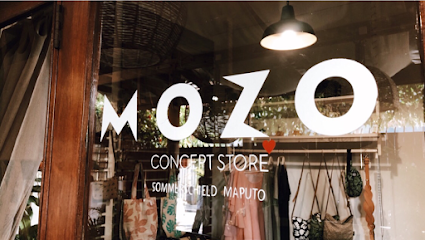
Atelier Dabanga #Dabangalicious #jewelryartist #jewellerydesigner #Dabangajewelery
Discover exquisite handcrafted jewelry and artistic treasures at Atelier Dabanga, Maputo's premier destination for unique gifts and local craftsmanship.
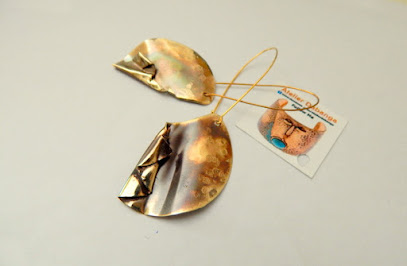
Sabores no Ponto
Experience the sweet side of Matola at Sabores no Ponto, a candy store filled with delightful treats from local to global flavors.
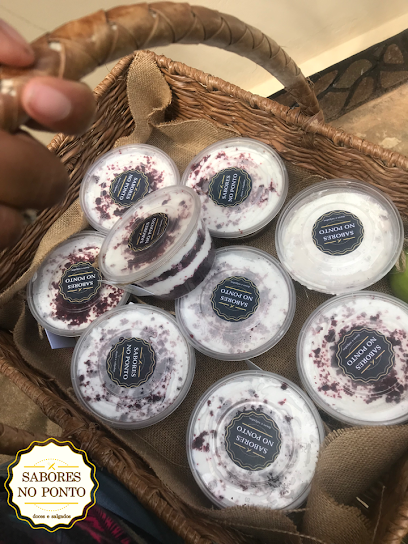
Essential bars & hidden hideouts
Ross bar
Ross Bar in Matola offers a lively atmosphere with a wide drink selection, perfect for tourists seeking local nightlife experiences.
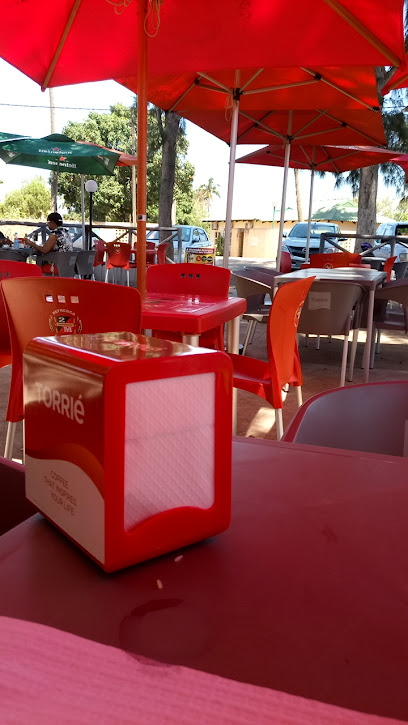
Coconuts
Discover the vibrant nightlife at Coconuts, Matola's premier bar for refreshing drinks and lively entertainment in a welcoming atmosphere.
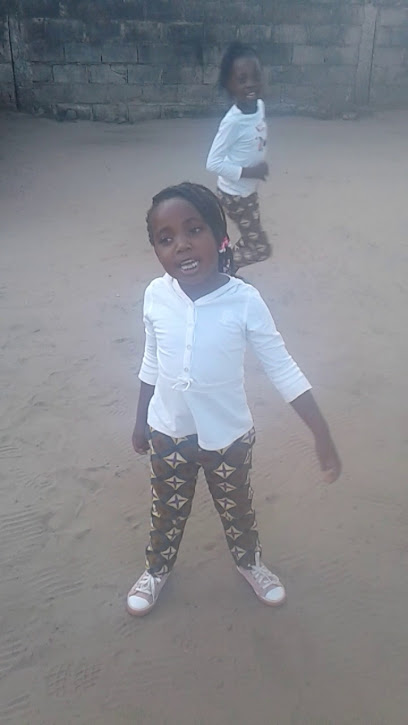
Chavane'S Bar & Lounge
Discover the vibrant nightlife of Matola at Chavane'S Bar & Lounge, where great drinks and a lively atmosphere await.
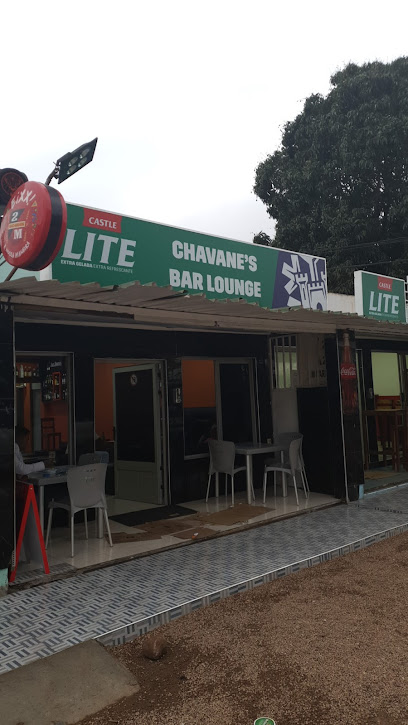
buwer s bar
Enjoy an unforgettable nightlife experience at Buwer's Bar in Matola, where vibrant atmosphere and diverse drinks await.
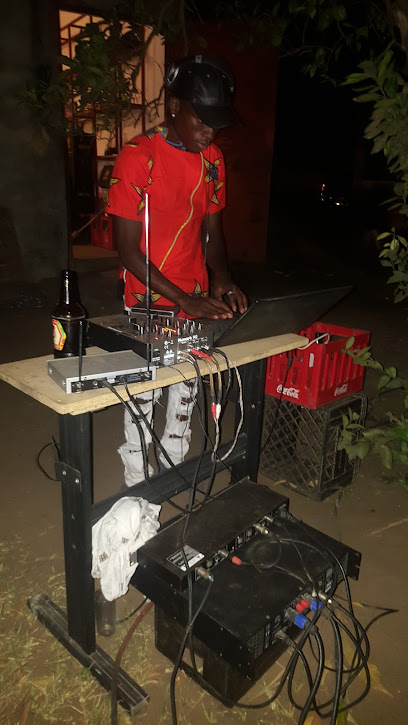
Kings Landing - Bar & Grill
Discover the best of grilled cuisine at Kings Landing - Bar & Grill in Matola, where flavorful dishes meet a lively atmosphere.
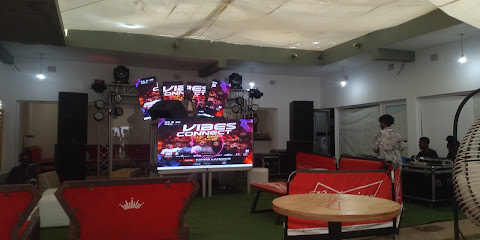
Mercúrio Bar & Lounge
Experience vibrant nightlife and local culture at Mercúrio Bar & Lounge, the perfect spot for drinks and entertainment in Matola.

THE CORNER PUB
Experience the vibrant local culture at The Corner Pub in Matola, where good drinks and great company await you.
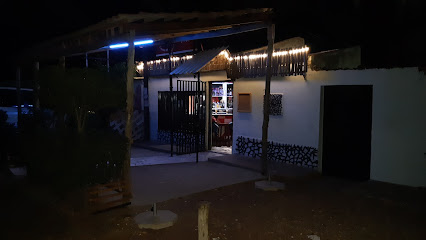
Bar'd'Boca
Discover Bar'd'Boca, a vibrant bar in Matola offering a delightful mix of local drinks and lively entertainment for an unforgettable night out.
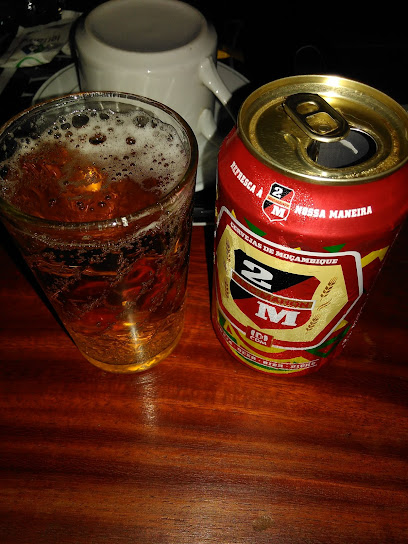
Quinta Jazz Clube
Discover the heartbeat of Matola's nightlife at Quinta Jazz Clube, where live jazz and vibrant culture come together for an unforgettable experience.
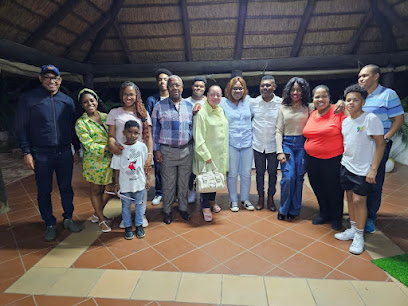
Bar Unidos
Discover the vibrant nightlife of Matola at Bar Unidos, where drinks, music, and culture come alive in an unforgettable experience.

Backyard Matola
Discover the lively atmosphere of Backyard Matola, the perfect bar for tourists seeking relaxation and local flavors in Matola.

Bar
Experience Matola's vibrant nightlife at its best, where great drinks and friendly faces await in this lively bar.
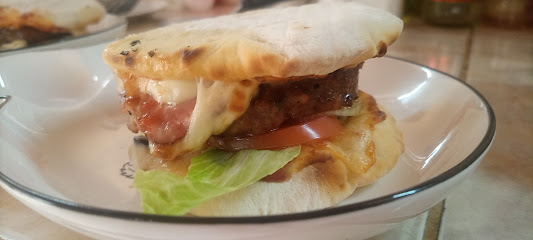
Cape to Cuba, Bar&Lounge
Discover the vibrant flavors and relaxed ambiance of Cape to Cuba, a premier bar and lounge in Matola, Mozambique.

The top bar e lounge
Discover the vibrant atmosphere of The Top Bar e Lounge in Matola, a premier destination for drinks, relaxation, and local culture.
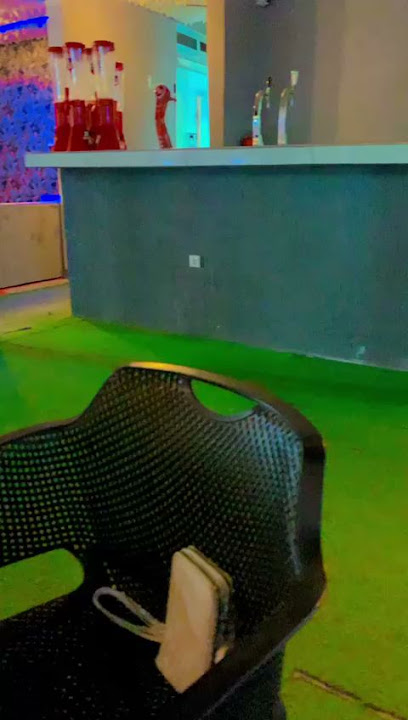
Local Phrases
-
- HelloOlá
[oh-lah] - GoodbyeTchau
[chow] - YesSim
[seem] - NoNão
[now] - Please/You're welcomePor favor/De nada
[por fah-vor/de nah-dah] - Thank youObrigado
[oh-bree-gah-doo] - Excuse me/SorryDesculpe/Desculpa
[des-kool-peh/des-kool-pah] - How are you?Como está?
[koh-moh es-tah] - Fine. And you?Bem. E você?
[beng. eh voh-seh] - Do you speak English?Fala inglês?
[fah-lah een-glehs] - I don't understandNão entendo
[now ehn-ten-doo]
- HelloOlá
-
- I'd like to see the menu, pleaseGostaria de ver o menu, por favor
[goh-stah-ee-ah deh vehr oo meh-noo, por fah-vor] - I don't eat meatNão como carne
[now koh-moh kahr-neh] - Cheers!Saúde!
[sah-oo-deh] - I would like to pay, pleaseGostaria de pagar, por favor
[goh-stah-ee-ah deh pah-gahr, por fah-vor]
- I'd like to see the menu, pleaseGostaria de ver o menu, por favor
-
- Help!Ajuda!
[ah-joo-dah] - Go away!Vai embora!
[vah-ee ehm-boh-rah] - Call the Police!Chame a polícia!
[shah-meh ah poh-lee-see-ah] - Call a doctor!Chame um médico!
[shah-meh oong meh-dee-koo] - I'm lostEstou perdido
[ehs-toh pehr-dee-doo] - I'm illEstou doente
[ehs-toh doo-ehn-teh]
- Help!Ajuda!
-
- I'd like to buy...Gostaria de comprar...
[goh-stah-ee-ah deh kohm-prahr] - I'm just lookingEstou só a ver
[ehs-toh soh ah vehr] - How much is it?Quanto custa?
[kwahn-toh koos-tah] - That's too expensiveIsso é muito caro
[ee-soh eh moo-ee-toh kah-roo] - Can you lower the price?Pode baixar o preço?
[poh-deh bahy-shahr oo preh-soo]
- I'd like to buy...Gostaria de comprar...
-
- What time is it?Que horas são?
[keh oh-rahss sah-ooh] - It's one o'clockÉ uma hora
[eh oo-mah oh-rah] - Half past (10)Meia hora (10)
[may-ah oh-rah (deez)] - MorningManhã
[mahn-yah] - AfternoonTarde
[tahr-deh] - EveningNoite
[noy-teh] - YesterdayOntem
[ohn-tehm] - TodayHoje
[oh-zheh] - TomorrowAmanhã
[ah-mahn-yah] - 1Um
[oom] - 2Dois
[doh-ees] - 3Três
[trehs] - 4Quatro
[kwah-troh] - 5Cinco
[seeng-koh] - 6Seis
[saysh] - 7Sete
[seh-teh] - 8Oito
[oy-toh] - 9Nove
[noh-veh] - 10Dez
[dehz]
- What time is it?Que horas são?
-
- Where's a/the...?Onde está o/a...?
[ohn-deh ehs-tah oo/ah] - What's the address?Qual é o endereço?
[kwahl eh oo ehn-deh-reh-soh] - Can you show me (on the map)?Pode mostrar-me (no mapa)?
[poh-deh mohs-trahr-meh (noo mah-pah)] - When's the next (bus)?Quando é o próximo (autocarro)?
[kwahn-doo eh oo proh-ksee-moh (ow-toh-kah-roo)] - A ticket (to ....)Um bilhete (para ....)
[oom bee-lyeh-teh (pah-rah)]
- Where's a/the...?Onde está o/a...?
History of Matola
-
Matola, like much of Southern Mozambique, has a rich history rooted in the Bantu migrations that shaped the region. The area was originally populated by various Bantu-speaking peoples who migrated from the Great Lakes region of Africa. These early settlers brought with them iron-working skills, agriculture, and a pastoral lifestyle that laid the groundwork for the communities that would later flourish in Matola.
-
The arrival of the Portuguese in the late 15th century marked a significant turning point for Matola. Serving as a gateway to the interior regions of Mozambique, Matola became a strategic location for trade and missionary activities. The Portuguese established trading posts and forts, which facilitated the exchange of gold, ivory, and later, slaves. The colonial period was marked by both cooperation and conflict with the indigenous peoples, significantly impacting the socio-economic landscape of Matola.
-
Matola played a crucial role during Mozambique's struggle for independence from Portuguese colonial rule. The city was a key location for the Mozambique Liberation Front (FRELIMO) and witnessed several significant events, including the Matola Raid in 1981. South African forces attacked ANC operatives based in Matola, resulting in a tragic loss of life but also galvanizing the liberation movements in both Mozambique and South Africa. This period is etched in the collective memory of the city and is commemorated through various monuments and museums.
-
Following Mozambique's independence in 1975, Matola underwent significant changes. The city experienced rapid urbanization and industrialization, becoming one of the country's major industrial hubs. Factories, refineries, and other industrial complexes were established, attracting a diverse labor force from across Mozambique. This period also saw efforts to improve infrastructure, education, and healthcare, although challenges remained due to the civil war that plagued Mozambique until 1992.
-
Today, Matola is a vibrant city that reflects the historical layers of its past. It is the largest suburb of Maputo and serves as an important economic and cultural center. The city's diverse population is a testament to its historical role as a melting pot of different cultures and peoples. Modern Matola boasts a mix of traditional markets, industrial areas, and residential neighborhoods, offering visitors a unique glimpse into both the historical and contemporary life of Mozambique.
Matola Essentials
-
Matola is located in southern Mozambique, just a short distance from the capital city, Maputo. The nearest airport is Maputo International Airport (MPM), which is approximately 15 kilometers away from Matola. From the airport, you can take a taxi or arrange for a private transfer to Matola. The journey typically takes around 20-30 minutes by road. Alternatively, you can use buses or minibuses (chapas) that operate between Maputo and Matola.
-
Transportation within Matola includes taxis, minibuses (chapas), and car rentals. Chapas are the most common and economical means of transport, but they can be crowded. Taxis are more comfortable and can be hailed on the street or booked via phone. For greater flexibility, consider renting a car. Traffic can be heavy during peak hours, so plan your travel accordingly. Walking is also an option for short distances, especially in central areas.
-
The official currency in Mozambique is the Mozambican Metical (MZN). Credit cards are accepted in larger hotels, restaurants, and supermarkets, but it's advisable to carry cash for smaller establishments and markets. ATMs are available in Matola, but it's wise to have some cash on hand before arriving. Currency exchange services are available at the airport and in major banks.
-
Matola is generally safe for tourists, but it's important to take standard precautions. Avoid walking alone at night in unfamiliar or poorly lit areas. Be cautious of pickpockets in crowded places and keep your valuables secure. Certain neighborhoods, such as Machava and Matola Rio, have higher crime rates. Stay vigilant, especially after dark, and seek local advice on safe areas to visit.
-
In case of emergency, dial 112 for immediate assistance. The local police station and medical facilities are available in Matola. It is recommended to have travel insurance that covers medical emergencies. For minor health issues, there are pharmacies in the town where you can purchase over-the-counter medications. The nearest major hospital is in Maputo, which is a short drive away.
-
Fashion: Do dress modestly, especially in religious or rural areas. Avoid wearing overly revealing clothing. Religion: Do respect local customs and traditions. When visiting mosques, dress conservatively and remove your shoes. Public Transport: Do be respectful and give up your seat to elderly passengers. Don’t eat or drink on public transport. Greetings: Do greet people with a handshake and a smile. A slight bow of the head is also a sign of respect. Eating & Drinking: Do try local delicacies and accept food offerings graciously. Don’t refuse hospitality, as it is considered impolite.
-
To experience Matola like a local, visit the local markets such as the Matola Central Market, where you can buy fresh produce and traditional Mozambican goods. Engage with locals, as they are often friendly and willing to share stories about the town's history and culture. Don’t miss visiting the Matola Raid Memorial, which commemorates the anti-apartheid struggle. For a unique experience, explore the Matola River and its surroundings.
Trending Landmark in Matola
Nearby Cities to Matola
-
Things To Do in Maputo
-
Things To Do in Mhlume
-
Things To Do in Big Bend
-
Things To Do in Manzini
-
Things To Do in Mbabane
-
Things To Do in Malkerns
-
Things To Do in Nelspruit
-
Things To Do in Maxixe
-
Things To Do in Inhambane
-
Things To Do in Polokwane
-
Things To Do in Pretoria
-
Things To Do in Johannesburg
-
Things To Do in Durban
-
Things To Do in Mokhotlong
-
Things To Do in Butha-Buthe






